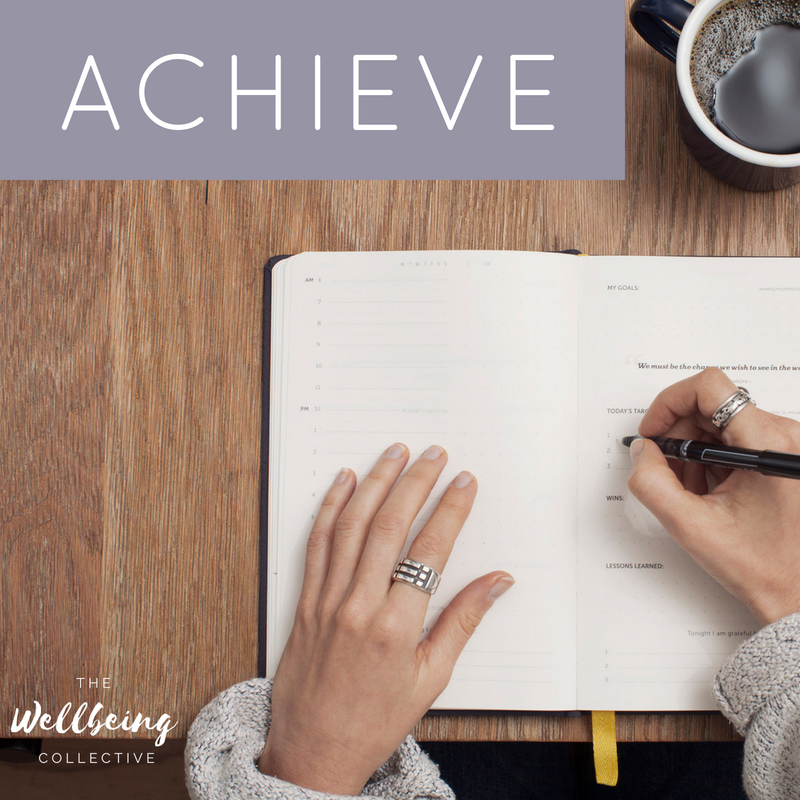wellbeing wherever you are.
There's no denying that the future of work is flexible.
The rise in flexible and hybrid work arrangements requires new ways of working well. There are many benefits to both the employee and employer when remote work arrangements are embraced and implemented in the right way. You can still be productive, focussed and well connected with co-workers when you’re working from home, or anywhere else!
So what does this flexible frontier mean for workplace wellness? How can you stay healthy when working from home?
Follow the six simple strategies below to work well from home, or wherever you are.
Make the most of your time together, whether in person or leveraging technology to keep the conversation going.
Stay Connected
It’s important to stay connected for your health, wellbeing and effectiveness as part of a team. As your connections form a key pillar of your wellbeing, it helps to be as proactive as possible about keeping up the contact wherever you’re working from.
Make the most of your time together, whether you're connecting in person or communicating through technology. When you're working at home it's just as important to interact, so carve out some time to connect.
Set reminders or schedule times to regularly check-in and keep the communication channels open. Leverage the technology at your fingertips to help keep the conversation going virtually via email, Facebook, Teams, videocall or simply picking up the phone to connect to your colleagues.
Take a breath
Your breath is a powerful tool that can be used to bring a sense of calm and clarity into your day no matter where you are. Beyond the ability of your breath to rebalance you in an instant, research shows that mindful breathing can boost your engagement, productivity and creativity too.
Regularly pause to tune in and take a breath. Dedicate up to 10 minutes of your day to a mindful breathing practice using a guided training app such as Headspace. Doing so will bring you into the present moment and increase your ability to pay attention.
If you’re feeling overwhelmed right now, press pause and stop what are you are doing to take 10 slow, deep and steady breaths. Pausing to create regular intervals for short, mindful breathing practices will help to release physical and mental tension before it builds up, and give you clarity to pause, then problem solve in any given situation.
Spend some time focussed on your breathing to feel noticeably calmer and clearer
throughout the day.
Working from a light, bright clean and green workspace can improve your focus and supercharge your day.
Light and bright
Working from home (or elsewhere) can come with many different distractions. Having a dedicated workspace that's well organised and free of clutter can supercharge your day, giving you room to complete more tasks and focus on what matters most.
Wherever you choose to work from, make sure you’ve cleared the physical and digital clutter and unnecessary objects from your desk, desktop and work area. A clean and comfortable workspace will boost both your productivity and mood. Keep only what you need around you, making sure you’re in an environment that meets your needs, allows you to focus on what’s important and inspires you to get things done.
Natural light can also help you to work more effectively and a space with green views can help to boost your productivity by as much as 25%. If you can't see any green, why not bring the outdoors in? Plants do much more than offer decoration, they support you to keep calm and oxygenate the air around you which leaves you feeling energised, focussed and more productive too.
EAT MINDFULLY
Good nutrition is essential for both a healthy body and mind. Preparing and eating healthy food to fuel your day is essential and will always be time well spent. No matter where you are working from, seek to eat fresh fruits, vegetables, good quality sources of protein and healthy fats, avoiding processed and high sugar foods or too much caffeine.
Remember that water plays an important role too. Dehydration can negatively impact your mood state and memory. Keeping a water bottle handy to hydrate regularly will help you to perform at your peak.
Bring the flavour of mindfulness to eating times to become more present and focussed. Mindful eating is simply being actively aware of how, what and why you're consuming something. To eat mindfully, focus on certain elements of your eating experience such as portion size, colour, texture,
temperature and the origin of your food.
Good nutrition is essential for a healthy body and mind. Choose nourishing foods and pay attention as you eat.
Setting goals and challenging yourself are great ways to work towards fulfilment.
SET YOUR GOAL
Setting goals and challenging yourself are great ways to strengthen your resilience, and working towards accomplishments forms a core pillar of your wellbeing. It also gives you a sense of clarity, direction and purpose regarding your work. Apply this knowledge to work smarter by making sure you set SMART goals for yourself:
Specific - get clear on the goal and have a specific achievement in mind.
Measurable - how will you measure success or completion?
Achievable: Is the goal doable? Do you have the necessary skills and resources?
Relevant: How does the goal align with your broader goals? Why is the result important?
Timely: What is the time frame for accomplishing this goal?
Take small, consistent steps towards your goals and seek support from those around you through sharing your intentions, tracking your success and celebrating achievement milestones along the way.
MIND AND BODY
Your brain needs physical activity to do its job well, relying on the blood and oxygen you get when you move around. So keep your mood in check and mental health on track by moving regularly. Set a timer for every 30 minutes to move around and give your brain exactly what it needs, and it will reward you with a more positive mood in return.
Try stretching out with a yoga class, taking a walk or release endorphins with a run to start or end your day. Apart from improving physical flexibility and strength, these activities can do the same for your mind too. The benefits of regular physical exercise include reducing the risk of heart disease and diabetes, stress, depression and anxiety.
You can track your progress and complete fitness challenges such as the 10,000 step challenge with a team of colleagues.
Physical activity positively impacts your wellbeing so keep your mood in check by moving regularly.







